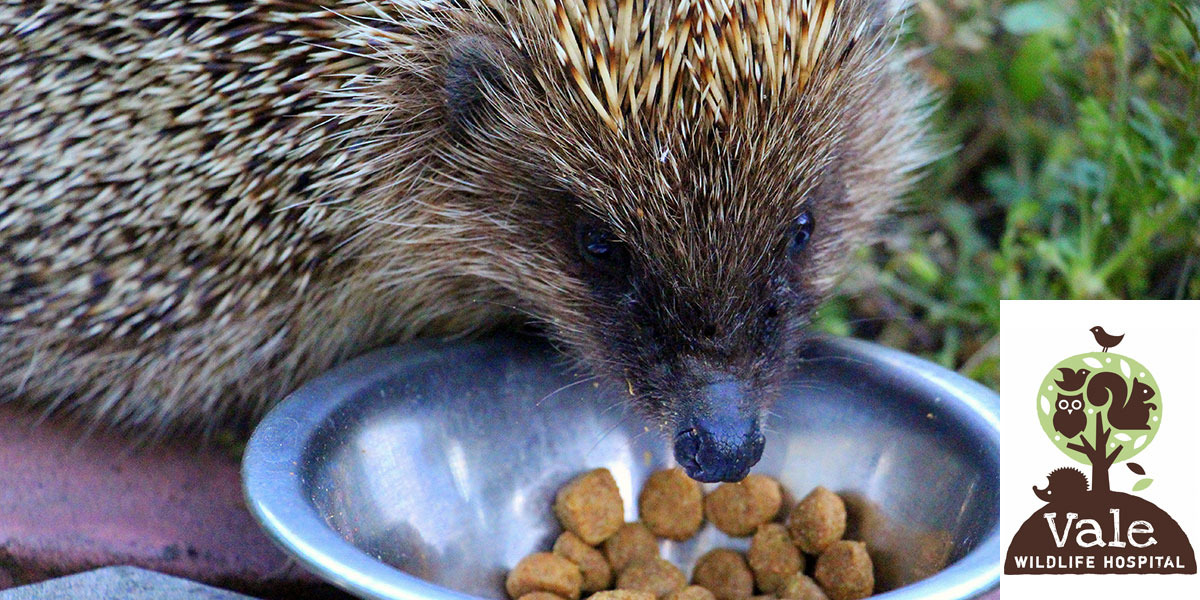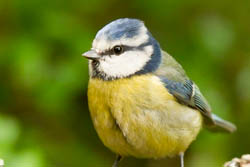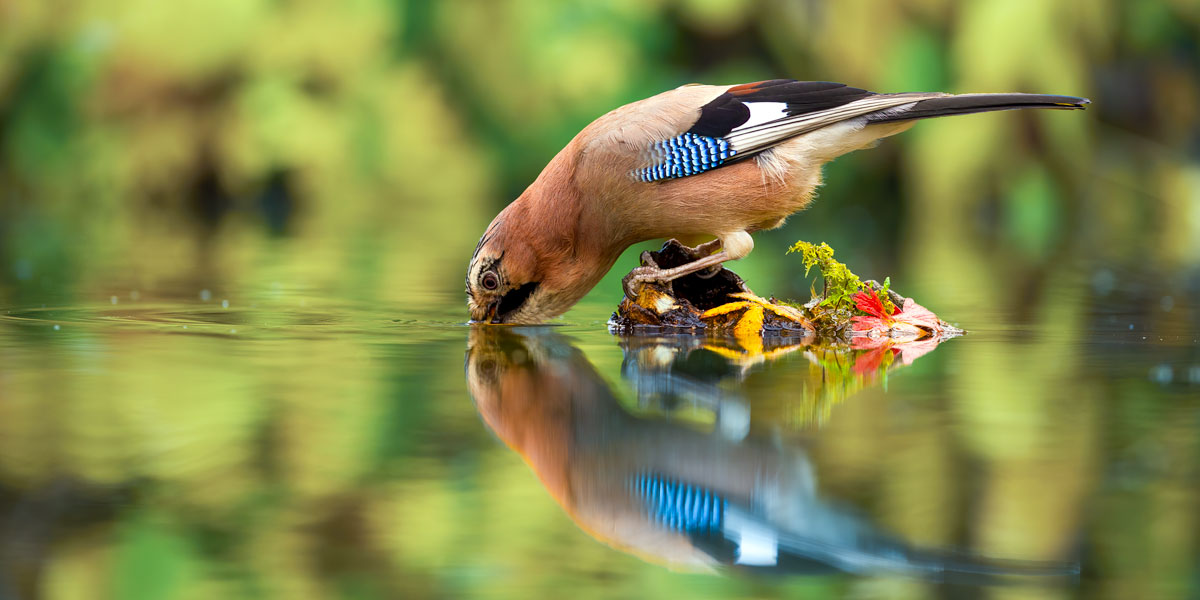Explore Our Garden Wildlife Blog
Browse or search by Category or Keyword below, alternatively click on any Tag to see related articles.
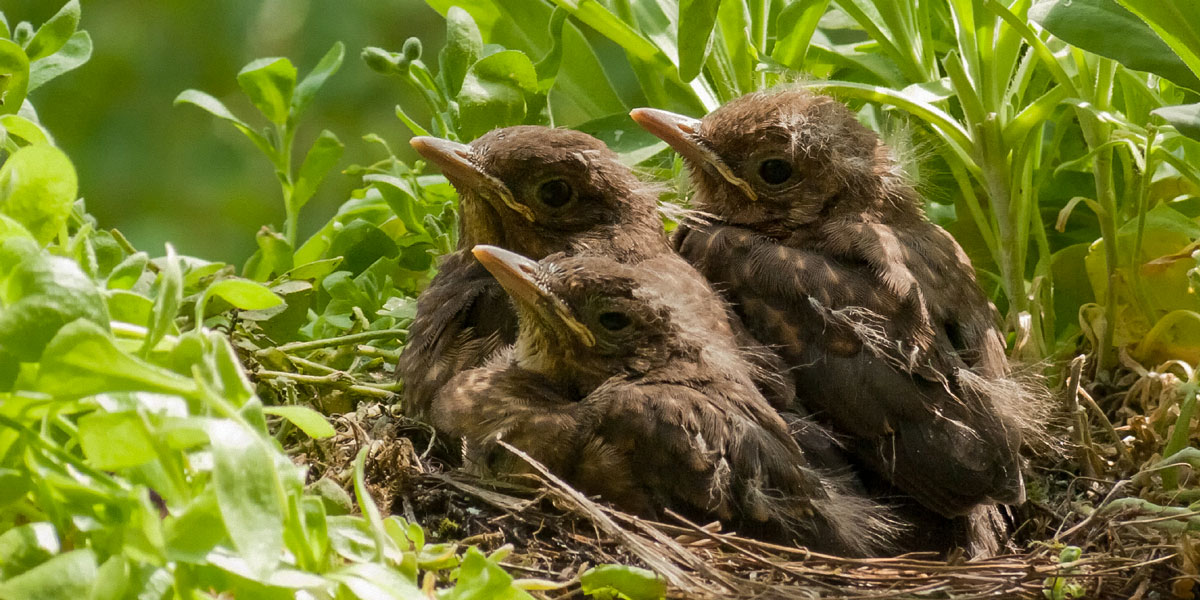

Baby Bird Found In Your Garden, What Next?
By Ark Wildlife
9th July 2022
Last Updated: 31st August 2022
Spring has arrived in the UK and this means our garden birds are at their busiest – laying eggs and raising families but this also brings risks. Read on if you have found a young bird out of the nest.
Call a Wildlife Rescuer
If you find a baby bird or any other wildlife at risk or in danger, contact your local wildlife rescue centre here: TELEPHONE NUMBERS
What are the three stages of baby birds?
There are three main stages for newly born garden birds – hatchling, nestling and fledgling. At the earliest stage, hatchlings are bald, whereas, a little older, nestlings are partially feathered. Fledglings however, are fully feathered and able to hop and flutter about, but not quite able to fly yet.
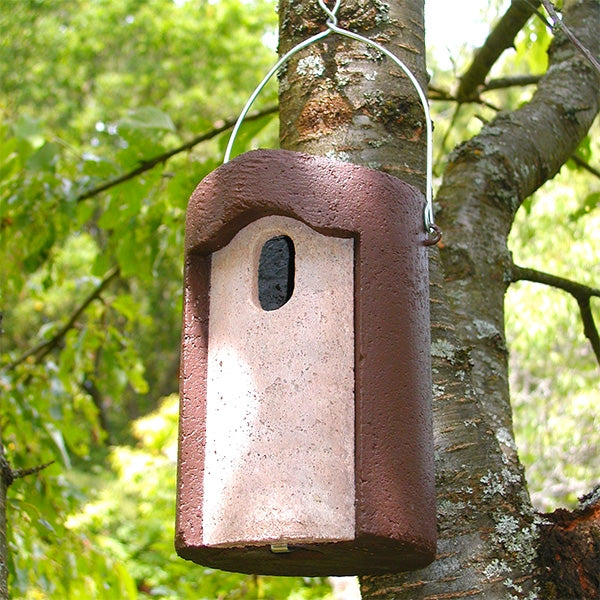

How long do baby birds stay in their nest for?
Most young garden fledglings will usually leave their nest just two to three weeks after hatching. Whilst this may seem too early, the parents will stay nearby to feed the bird on the ground until it can fly and fend for itself.
As a rule, baby birds should remain in the nest until they reach the fledgling stage of development. Reasons vary as to why you may find a hatchling or nestling outside of its’ nest. Sometimes it’s as simple as accidentally falling out of the nest. Other causes could be that it is a victim of predator attack, or sometimes its parents have recognised that it is sick or dying and will eject it in order to concentrate on the remaining healthy chicks. Regardless of circumstance it is extremely likely that these birds need expert assistance to stand any chance of survival.
What should you do if you find a hatchling on the ground?
Should you find a hatchling or nestling out of the nest, the first thing to do is contact your local rescue centre for advice on how to proceed. Should there be an immediate threat to the young bird, place it in a box with a towel or blanket and put the box in a warm quiet area. Don’t try to feed the bird; just keeping it warm will suffice until you are able to get it to your closest available rescue centre.
What should you do if you find a fledgling on the ground?
Seeing fledglings on the ground is far more common and to be expected. Fledglings have grown enough to have acquired their flight feathers but are still at a stage where these are yet to have fully developed and thus they may stay on the ground for several days. In a short space of time these feathers grow and the young bird will additionally be building up the muscle strength necessary for full flight.
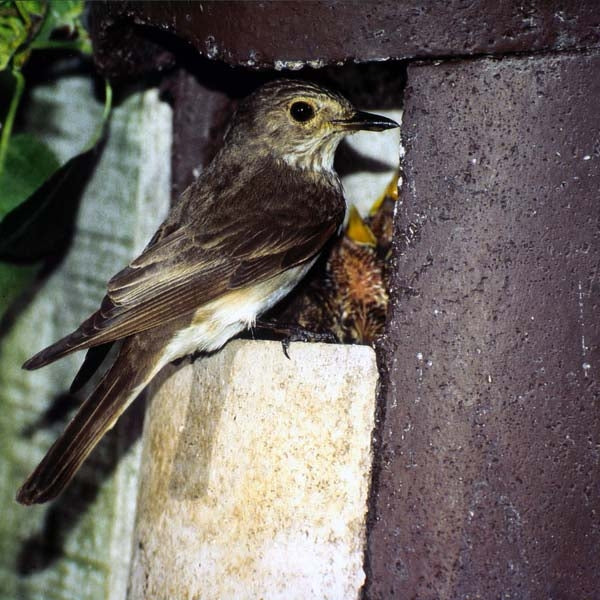
Should you spot a fledgling hopping and fluttering about, it is highly likely that all is well with the youngster. Although out of the nest at this point, parents will still be feeding and caring for their fledgling and though their presence may not be obvious, they are probably in close proximity. If you are concerned, discreet observation for a short period of time will usually put your mind at ease – mum, dad or both parents will return, possibly with a snack for their child or just to ensure all is well. Should you feel that the bird has been abandoned, once again, contacting a local wildlife rescue centre for advice before any intervention is wise, however, if the fledgling is in obvious danger, whether it be from predation or from traffic, moving the bird into an area of cover (hedgerow etc) may be necessary, but keep it is as close to where you found it as there is still a chance that the parents will return.
What should you do if you find a bird in a dangerous location?
If you find a fledgling in a dangerous location, such as on a road or on a busy pathway, contact your local rescue centre for help. They may advise moving the bird a short distance to somewhere more safe and sheltered, ensuring it can still be heard by the nearby parents. Always make sure to ask a professional for help first.
How can you tell if a bird has been orphaned?
Whilst it can be easy to assume that a fledgling has been abandoned, this isn’t usually the case. Watch the bird from a distance and check to see if the parents return with food. If, after a couple of hours, you still haven’t seen the parents return, contact a rescue centre for advice.
In the case of obvious injury, sickness, predator attack or if the youngster has been orphaned, taking it to a wildlife rescue centre is the first step in ensuring a healthy bird will later be released in to the wild.
External sources/references
- RSPCA’s advice on baby birds
- Injured bird advice by the Wildlife Trusts
- How to save baby birds – a guide by PETA






